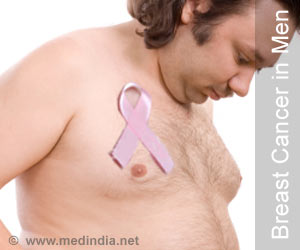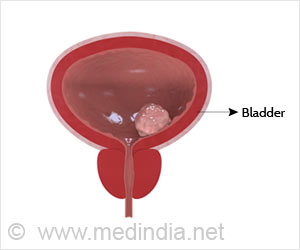Regardless of their socioeconomic status, black women seemed nearly twice as likely as white women to be diagnosed with triple-negative breast cancer, suggests research.

Previous studies have indicated that non-Hispanic blacks and Hispanics were more likely to be diagnosed with triple negative breast cancer than non-Hispanic whites. Some studies have suggested that the higher odds of breast cancer subtypes with unfavorable prognoses in minority racial/ethnic groups could be explained by differences in socioeconomic status. However, these studies were limited by their small and incomplete sampling.
For the current study, scientists led by Helmneh Sineshaw, M.D., MPH, analyzed data from 260,174 breast cancer cases recorded in the National Cancer Data Base (NCDB), a national hospital-based cancer registry database jointly sponsored by the American College of Surgeons and the American Cancer Society. The analysis showed that patients with low socioeconomic status had higher proportions of triple negative breast cancers than did patients with high or moderate socioeconomic status. However, even after controlling for socioeconomic status, the difference remained: black women were 1.84 times as likely to be diagnosed with the triple negative subtype. The researchers also found that compared with white women, Asian/Pacific Islander women had higher odds of presenting with HER2-overexpressing breast cancer, a difference that was also observed at every level of socioeconomic status.
"The excess odds of triple negative breast cancer in blacks compared to whites were remarkably similar, about 80% higher, in each socioeconomic group," said Dr. Sineshaw. "That consistent increase suggests factors other than differences in socioeconomic status play a strong role in the excess odds seen in black women. Further studies are needed to identify those factors."
Source-Eurekalert















